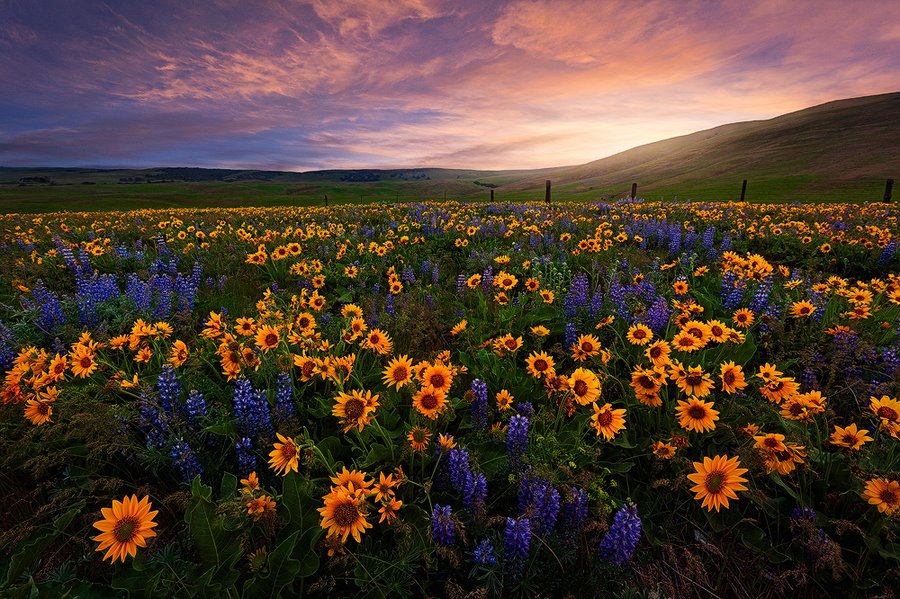The Enough Festival emerged from a deep yearning for richer cultural connections to nature and community, while rejecting a culture of consumerism. Many of us are feeling exhausted and unwell amid the overwhelming crises of our time: a rising cost of living, climate change, global conflicts, and the dominance of billionaires and late-stage capitalism. In Australia, we are not immune to these challenges.
It’s clear that we need a new way of living—one that transcends consumerism and celebrates what we have rather than what we lack. Numerous cultures throughout history have lived harmoniously with nature. For instance, First Nations Peoples in Australia exemplify a deep cultural connection to the land, having lived in harmony with nature for millennia. Similarly, early pagan traditions in Europe showed how subsistence farming aligned livelihoods with the natural rhythms of the seasons. Festivals and rituals were often celebrated in accordance with the seasons, reflecting this vital relationship.
The Enough Festival draws inspiration from one such festival, the ancient Celtic Pagan festival of Imbolc. Imbolc marks the midpoint between the Winter Solstice and the Spring Equinox. We recognise this time as a season of change and renewal, celebrating the emerging life of spring. Rituals were performed that included lighting fires, creating Brigid’s Crosses from rushes for protection, and sharing a meal to mark the end of winter. While Imbolc is traditionally celebrated on February 1st, we have adapted this celebration to August in Australia, to align with the seasonal shifts of the Australian climate.
The Enough Festival serves as a remedy to the relentless cycle of consumerism, the bombardment of advertising, and the harsh realities of climate change. While the idea of a “buy nothing” year is gaining traction, committing to a full year of no spending can seem daunting. Instead, we have chosen August as a manageable month to embrace a new way of living—not through deprivation, but by celebrating the abundance already present in our lives.
Our goal is to rekindle appreciation for the items we own and encourage mindfulness in our consumption. When we consider the labour involved in creating even simple objects—a cushion, for example—we begin to see the value in what we often overlook. Instead of mindlessly purchasing a $10 throw pillow, we come to respect the entire process of growing cotton, spinning it, weaving it, and crafting a cherished home item.
Every moment spent caught in the cycle of impulsive purchases, influenced by advertising and social media, leads us to declare “ENOUGH.” The festival invites us to step off the treadmill of relentless consumption, embracing a simpler, more meaningful way of being.
And thus, The Enough Festival was born.
